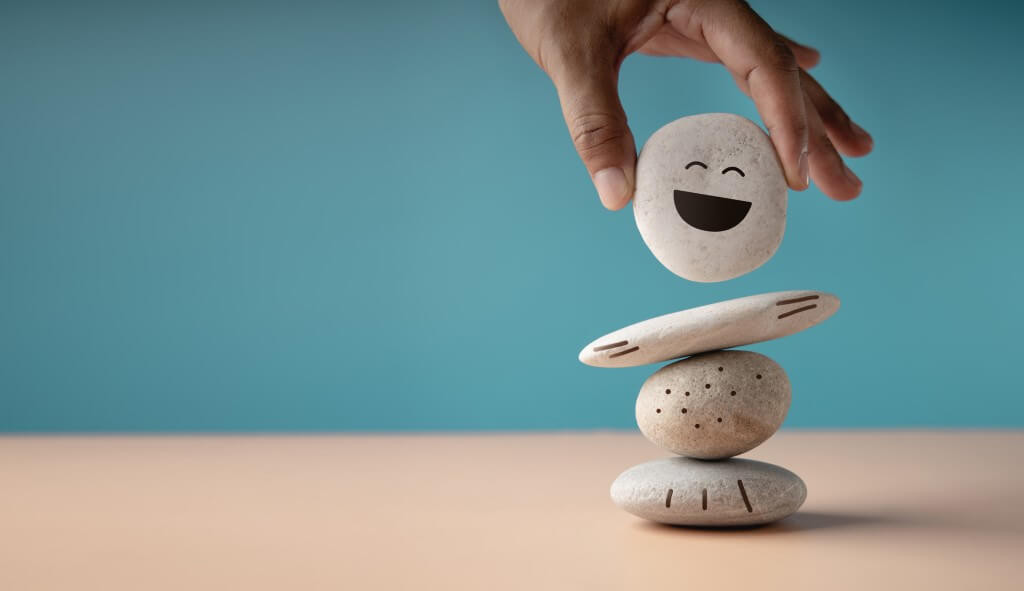For families of people addicted to drugs and/or alcohol, finding hope and healing can be challenging. Addiction is not an indication of personal or family failure. Around 50% of the likelihood of becoming addicted is genetic. It’s not a sign of moral failure or weak will. Addiction is now recognised as a disease that affects the brain’s memory, learning, impulse control and reward centres.
This is challenging for the patient but also for families who are yet to learn that they didn’t cause, can’t control or cure addiction. Often addicted people have experienced trauma, distress and challenging circumstances. By understanding this perspective, you can approach your loved one’s recovery with empathy and support.
Here are some key insights to guide you on this path of hope and healing:
- It’s essential to recognise that addiction is not a reflection of your worth as a family. Your loved one’s struggle with addiction does not diminish your love, care, or support for them. Addiction isn’t simply explained. We know it’s influenced by genetic predisposition, environment & upbringing as well as social, and cognitive factors. By understanding that addiction is a disease and a symptom rather than a personal attack, you can approach the situation with empathy and compassion.
- Seeking professional help and support is crucial. Addiction recovery isn’t navigated alone. Find registered and experienced addiction counsellors, treatment centres, and support groups that specialise in helping families of addicts. These resources provide guidance, coping strategies, and a supportive community. Surround yourself with people that understand the challenges you are facing. It’s not that you don’t have to bear this burden alone. It’s strongly advisable that you don’t!
- Self-care is vital for your own hope and healing. Like they say on an aircraft: Put your own mask on first! You cannot help another when you’re not well. Do your own recovery work and you’ll be better equipped to support the rest of your family. Engage in activities that bring you joy, seek emotional support from friends or a therapist, and set boundaries that prioritise your own mental and emotional health. By prioritising self-care, you strengthen your ability to offer support and love to your family member.
It’s important to approach your loved one with empathy and avoid judgment
Understand that addiction is a complex struggle, and recovery is not always a linear process. Your loved one may face setbacks and challenges along the way. Have firm boundaries that show them what behaviour is acceptable. Your nice and warm, yummy yummy understanding, patience, and unwavering support won’t help them get better. Addiction has hijacked your loved one’s brain, and rational talks have no impact. People with Substance Use Disorder and Alcohol Use Disorder (SUD and AUD) need solid bottom lines that help to pull them towards treatment and recovery.
and Alcohol Use Disorder (SUD and AUD) need solid bottom lines that help to pull them towards treatment and recovery.
Here are five useful tools to help you find hope and healing as a family member of someone struggling with addiction:
- Education and Understanding: There are key learnings for any family new to recovery. Understanding how co-dependency can contribute to your addicted loved one having a relapse means there are practical changes that the family needs to make. The family needs to understand addiction and their role in perpetuating it. If the family doesn’t look at its dysfunction and what it has to change, it’ll decrease the likelihood of a positive treatment outcome. Addiction is a family illness and the whole family needs recovery too.
- Seeking Professional Guidance: Reach out to addiction counsellors, therapists, or support groups specifically designed for families of addicts. These professionals can guide you on how to stop enabling and find new recovery–based methods of supporting your addicts’ recovery and not their addiction. Finding a supportive community in mutual help groups will be useful too. Their expertise will help you navigate the challenges you face and provide valuable tools for supporting your loved one’s recovery.
- Self-Care and Support: Remember the oxygen mask aircraft story? If you don’t learn how to care for yourself, you can’t be available to help your family. Find addiction-specific support from professionals where you can tell your story and get guidance on the way forward. Prioritise your mental and emotional health, setting boundaries that protect your own well-being.
- Empathy and Non-judgment: Absolutely, approach your loved one with empathy and avoid judgment. The organisation “Tough Love” has a name that’s often misunderstood. It’s not about being harsh. It’s about making the tough decisions with love. If the family continues to tip-toe around their addict, it’s not going to help. You can’t treat diabetes with understanding, patience, and unwavering support. It doesn’t help addiction either! In fact, it’s likely to make things worse. Addiction recovery is about being accountable. It’s about taking responsibility for the disease and making changes to get into, and stay in, recovery. Families are not best placed to help their addict. Get professional help for them.
- Maintaining Hope and Belief: Whilst you believe in your loved one’s potential for change and celebrate their small victories, this is not enough. You may have to force them into an addiction rehab. Your hope and encouragement do not equal treatment. If they’re addicted, they need treatment.
There is always hope. Addiction recovery is possible, and people can overcome even the most challenging circumstances. We’re lucky enough to see the most desperate addicts and high-functioning alcoholics too, find stable recoveries. Please understand that your years of believing in your loved one’s potential for change, your encouragement and trying to be a beacon of light to guide them…. Hasn’t worked. Love can’t improve a chronic illness. Learn what you need to change to support their recovery and not their addiction. You are not alone in this difficult phase of change for all. Attend Co-Anon, Al-Anon, Nar-Anon, Tough Love or any other support groups for families.
Shifting From Active Addiction to Active Recovery.
Making the shift from active addiction to active recovery isn’t easy. It can take an emotional toll on the entire family. We will guide and support you through this phase if you’re willing to take clear directions. We cannot help families who are not willing to make changes. Addiction is a family disease, so it’s not about dropping the patient at a rehab, breathing a sigh of relief and your job’s done. Families need to change too.
We can lay the tools out in front of you and show you how to use them. Whether you’ll choose to pick them up and implement the changes in your family’s daily life, is up to you.
We know how important it is for families to find and use professional addiction treatment resources. Families need to understand addiction and its impact on the entire family. We can empower you in this process. From understanding the complex interplay between mental health and addiction to cultivating a supportive and safe environment, we offer comprehensive solutions tailored to your unique needs.
We have a network of addiction counsellors, therapists, detox and long-term treatment options specifically designed for addicted people and their families. Our professionals will show you how best to support your loved one’s recovery and not enable their addiction.
Your journey towards renewed hope and healing begins with taking the first step. Call us today and we’ll advise you on the best route forward. Together, we can navigate the challenges of addiction, fostering a future filled with resilience, growth, and lasting transformation.

